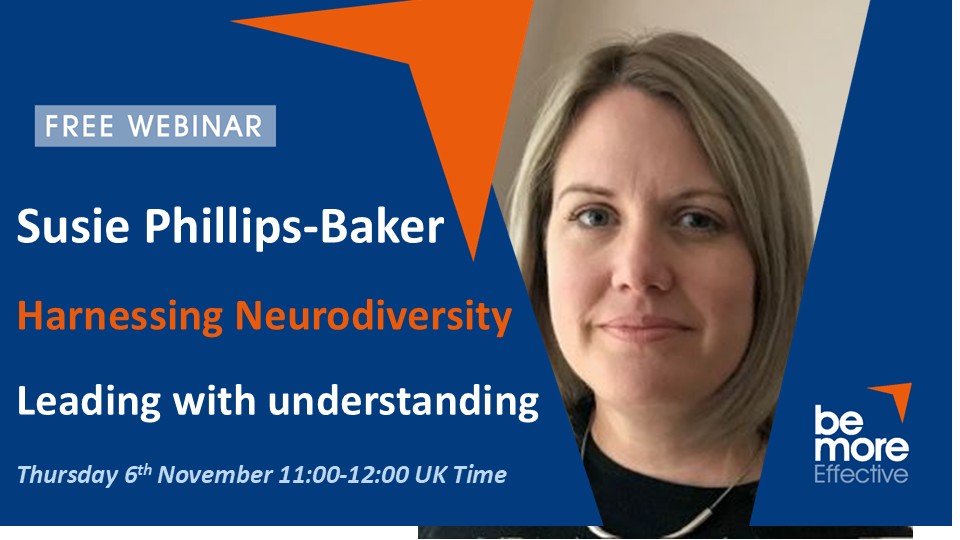Bottoms-up! More Reverse Options

Bottoms-up! ~ More Reverse Options
I've already covered a number ways bottom-up communications can be successfully implemented, such as through a virtual or real notice board, focus groups and Question Time style ‘town halls’ in a previous blog
Here are four more ideas to choose from, the first two of which require some facilitation skills:
A World Cafe
These are organised large scale events with 80-100 or more people in table groups of 5-8 people. The World Café approach is based around a fun informal creative process which relaxes people (as the name café suggests). Once relaxed the process enables groups to participate in a collaborative dialogue, sharing knowledge and creating possibilities and ownership for actions or projects afterwards.
Based on simple design principles, a World Café has a clear context, gets the participants to explore questions that genuinely matter to them and their organisation, encourages everyone's contribution at each of the tables, and ensures audience wide cross-pollination along with the listening to / sharing of diverse perspectives.
By listening and working together for patterns, insights, and deeper questions it is possible to purely share or to harvest collective discoveries.
If you want to know more about to run a World Café, or help to run something along those lines please ask.
Open Space Events
Open Space Events bring together a range of people, to discuss issues around a central theme. The events are based around workshops to tackle specific issues that participants create and manage themselves. It provides an opportunity to bring together the knowledge of all participants and is attractive because they set the workshop agendas themselves. More workshop like than a World Café, Open Space events are still informal while driven by a definite flexible process with strong reporting and recording structures in place.
Open space events have a flexible framework to accommodate a range of discussions and a large number of people from five to 1,000 people. Events can be one-off or run over a period of time. The events allow the most important issues to be raised and give those people, to whom these issues are most relevant, the opportunity to discuss them.
The discussions of each workshop are recorded and participants can access them at the end of the event. A condensed action plan can then be determined, and circulated to participants.
If you want to know more about to run an Open Space Event, or help to run something along those lines please ask.
Reverse team briefings
Team briefings bring managers together with their teams on a face-to-face basis in short meetings normally so that information can be delivered, questions asked and feedback collected. A team briefing system is an excellent way to enable communication upwards, downwards and sideways throughout an organisation.
To reverse them is simple: stop the cascade down of information from the top. Instead start them at the frontline of the organisation. Use the team briefings from the frontline of the business as a way of collecting questions, feedback and ideas. At each level put the questions or ideas into clusters or affinity groups and prioritize them without attempting to answer them. The next level up can see what has been produced by those groups directly “below” them, while their main focus needs to be adding or creating their own. Once the process reaches the summit, the final clusters are prepared and prioritized. Present those most important and pressing clusters to the Board members, who then need to develop the answers as honestly, concisely and quickly as possible. Those answers can then be cascaded via newsletters, blogs, posters, the wall or a fresh round of team briefings where localisation adds any relevant details.
Employee Satisfaction Surveys
Employee satisfaction is the terminology used to describe whether employees are happy and contented and fulfilling their desires and needs at work. Many measures purport that employee satisfaction is a factor in employee motivation, employee goal achievement, and positive employee morale in the workplace.
Employee satisfaction surveys (ESS) could be run annually with a fair degree of consistence in the questions asked to establish trends over time. Professionally developed questionnaires can obtain unbiased, accurate and insightful information; results need to be published transparently and followed through with integrity to strengthen trust, or people won’t engage with future questionnaires.
Many ESS get low response rates (10%) and while many factors may be causative factors, running them too often, making the questionnaire too long, poor or low key communication about the launch or the results are some worthy of a mention along with the grand-daddy of them all – ignoring / not acting on previous surveys… As cultural shift is unlikely to occur without around half your employees signing up to it – so the goal for ESS response rates needs to be well above the 50% mark for you to stand any chance of getting buy into the ideas that flow back out from the responses…
This is my second blog with tips on practical bottom-up communications methods. I’ll be bringing you a third soon. If you can’t wait that long and would like to talk further about any issues around internal communications or employee engagement please get in touch.
For more information please send a message via the Contact Us Page. Or you can register for an upcoming webinar.


